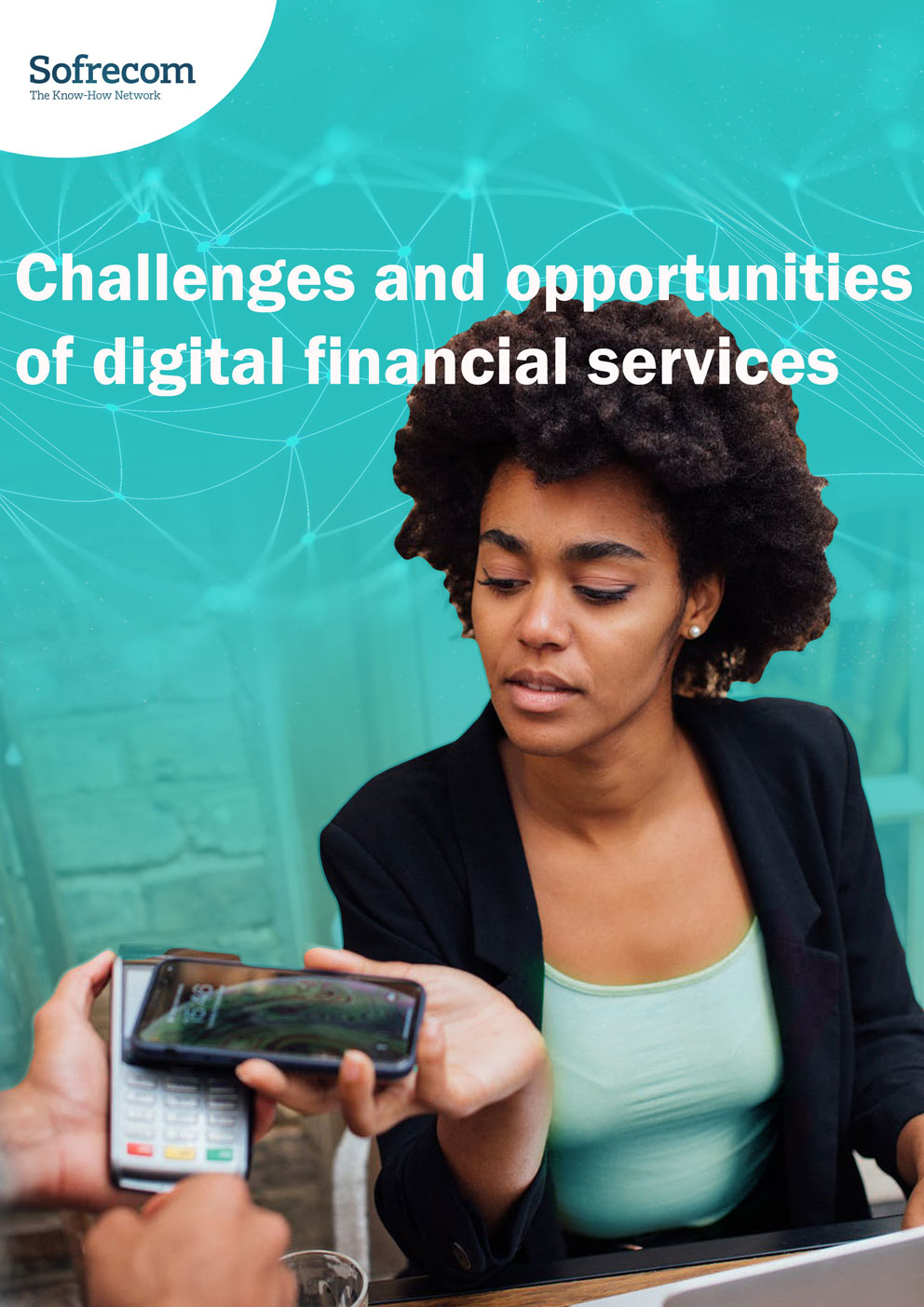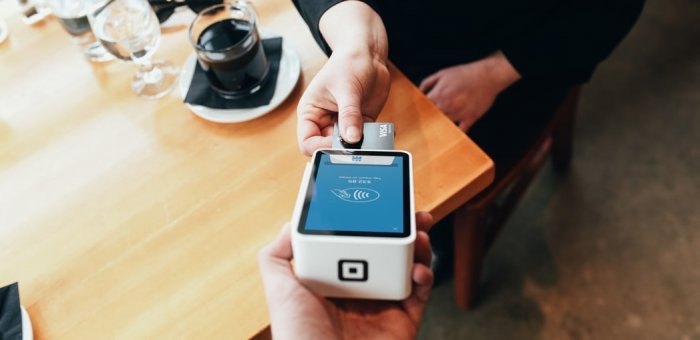
Since the rise of mobile payments in Africa and Asia, the benefits of digitizing payments have become well recognized. They enable financial inclusion for the most vulnerable populations, improve the security and speed of payments, or improve significantly user experience. The Covid 19 crisis brings to light the central role that digital financial services can also play in managing emergency.
In Europe, digital payments have proved to be remarkably effective in keeping some businesses up and running, remotely, throughout the epidemic. This has been the case, for instance, for restaurants, shops able to sell remotely or even medical practicioners. As the French fintech specialized in mobile payments, Lydia, stated: “the ability to accept remote payments is essential for health reasons, as well as to maintain activities so direly needed by the populations”. The digitization of payments has also proved crucial in keeping brick-and-mortar shops running, as contactless payment makes it possible to avoid currently high-risk steps such as passing cash from hand to hand, or entering one’s secret code into a payment terminal keypad. As early as end ofMarch, some twenty European countries announced they would raise the ceiling on contactless payments to EUR 50.
Mobile money “requisitioned” to address the health and social crisis
In emerging countries, digital financial services such as mobile money play a major part. By standing in for cash payments, they directly contribute to fighting the spread of the epidemic. Furthermore, they help alleviate the side effects of social distancing and lockdown, by ensuring the continuity of financial flows, even as individuals are restricted in their mobility and interactions. In this respect, they are critical instruments for sustaining economic activity, but are invaluable as well at the social level, in societies where the family or community financial support dynamics remain important.
In Sub-Saharan Africa, the central banks have swiftly come to this conclusion. By adopting exceptional measures aimed at encouraging the use of mobile money, these institutions have found themselves at the heart of the fight against Covid 19 and the search for innovative response to halt the epidemic. As the end ofApril 2020, more than 20 countries had implemented measures to temporarily adapt the regulatory framework of mobile money, reflecting the strong consensus around the key role that these services can play.
These measures fall into two main categories:
- partial or complete fee waivers: for instance, the cancellation of payment fees for water and electricity bills, or free money transfers now available in more than one dozen countries in Africa (e.g.: DR Congo, Uganda, Kenya)
- eased conditions for accessing and using payment services: for example, reducing the requirements for opening an account (e.g.: Ghana, countries of the West African Monetary Union) or higher transaction thresholds (e.g. Rwanda, Liberia)
Mobile money services are thus submitted to exceptional measures, requiring operators to contribute to the “war effort” -- they are “requisitioned”, in a sense, to respond to the urgent and exceptional needs arising from the epidemic. In an unexpected role, Central Banks too have come to the front lines and become key players in the response to health and social emergency.
For governments, digital payments show their efficiency in managing emergency
In parallel, mobile money has proven a valuable tool for governments managing health emergencies. During a previous health crisis, the 2015 Ebola epidemic in Sierra Leone, experts had already noted the benefits of digital financial services, which made it possible to deploy and maintain a medical team on the ground, by delivering the payments it needed to operate.
The authorities are now rediscovering the relevance of mobile financial services in managing emergency. The speed of execution, reduced delivery costs or the ability to precisely identify the beneficiaries are just a few of the significant advantages offered by mobile money in crisis situations.
These have proven so valuable that some authorities now consider emergency payments to be more effective than food aid: in Ivory Coast, on April 22nd 2020 the State announced the payment of an emergency subsidy, paid via mobile money to around 180,000 households. In particular, this option was preferred over the distribution of food resources in order “to limit to whatever extent possible the physical distribution of food and non-food and thus prevent crowding, a vector for the spread of the disease”. In Zambia, United Nations agencies are also working to digitize the payment of exceptional subsidies. To offset the loss of income caused by Covid 19, they want to provide aid to more than 780,000 vulnerable households for 6 months.
In a context where more and more African States were already turning to the digitization of government payments (taxes, school fees, retirement pensions, etc.), the epidemic confirms the benefits of this type of approach.
Sources: analyses by Sofrecom, GSMA, UNCDF, Le Monde and Abidjan.net





